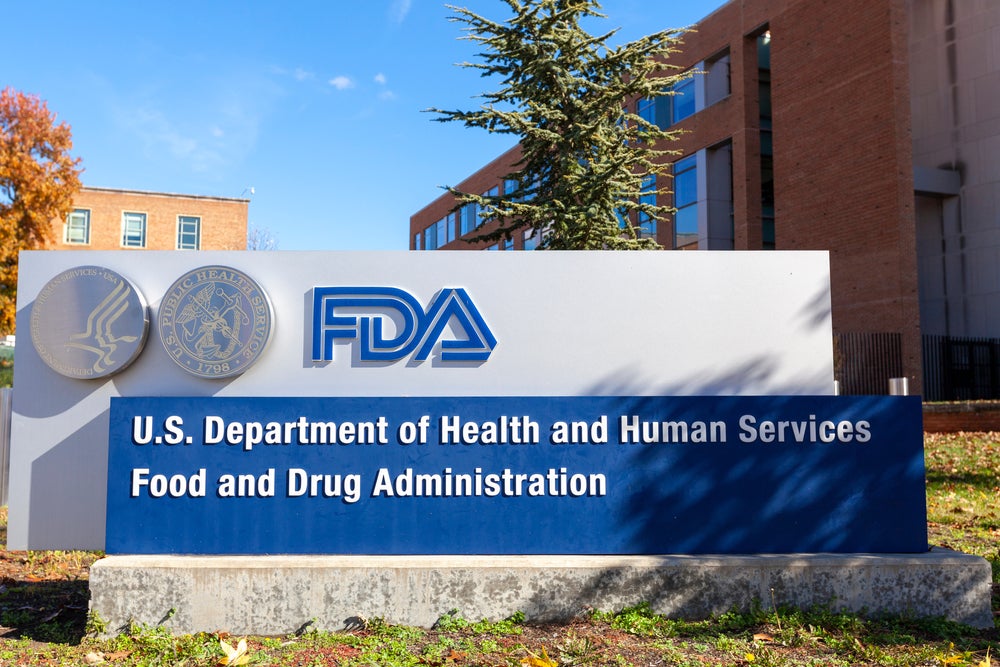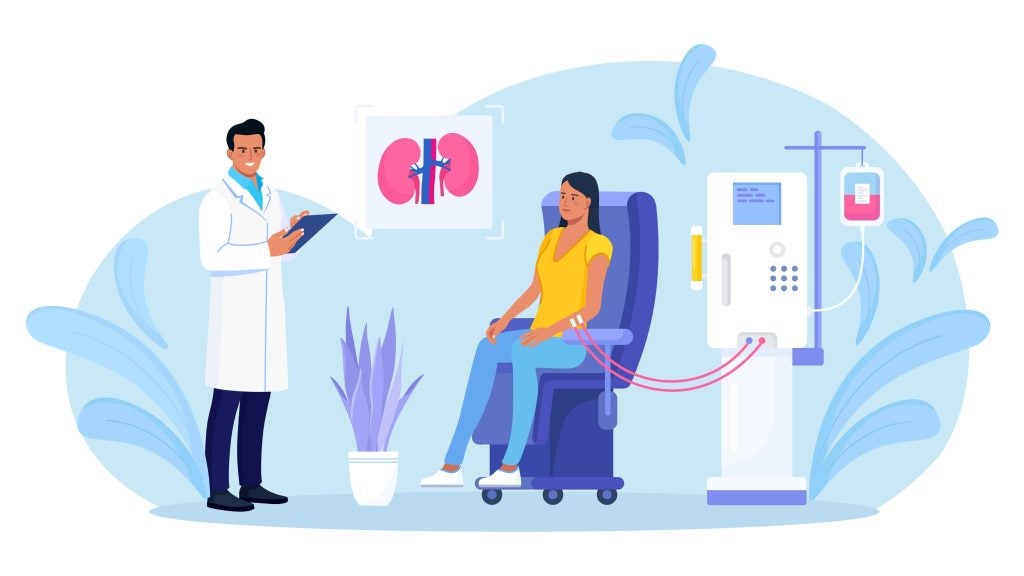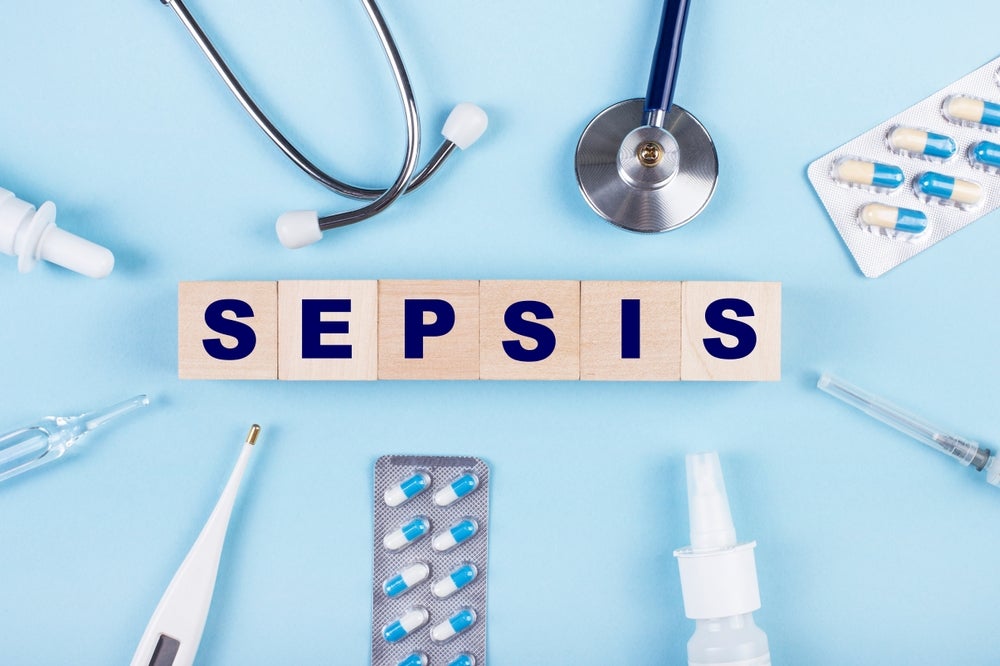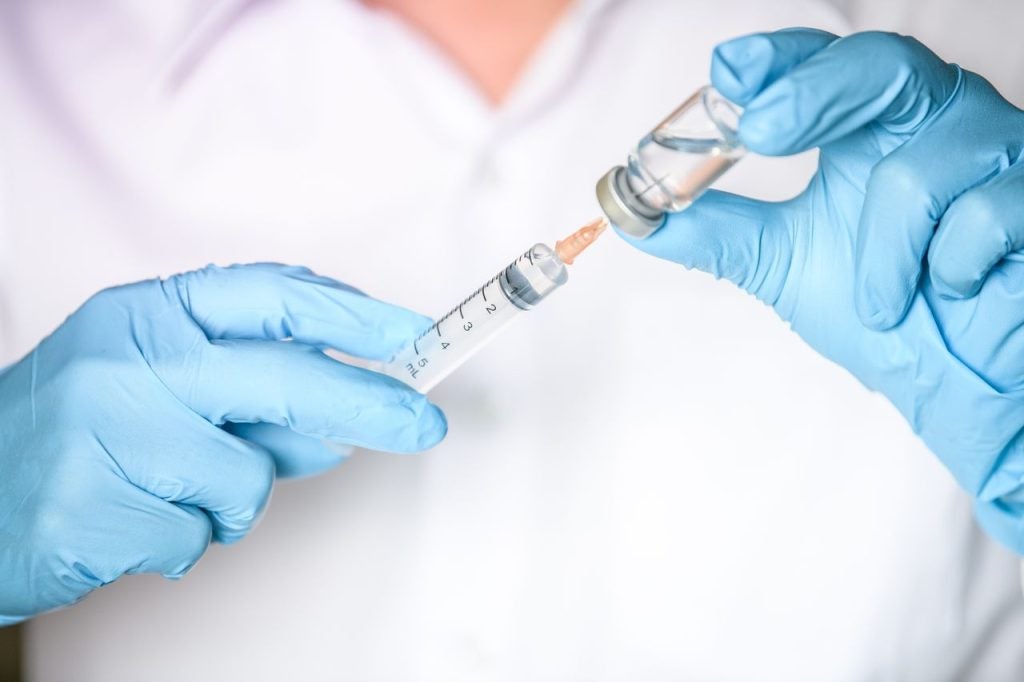US-based biotech PostEra has partnered with Amgen for a multi-target collaboration in drug discovery.
The companies will use PostEra’s artificial intelligence (AI) platform Proton and Amgen’s expertise in drug discovery to progress up to five small molecule programmes.
Proton platform is an end-to-end machine learning platform to close the design-make-test cycle of medicinal chemistry, which can often be time-consuming and expensive.
In the announcement, PostEra’s CEO Aaron Morris said: “We believe AI can significantly improve drug discovery but we're also aware of the hype around the technology. As such we've worked hard to prove the value of Proton on real discovery programmes, with multiple partners, across multiple therapeutic areas.”
PostEra has had an ongoing collaboration with Pfizer since 2020, which it expanded in 2022 for $13m upfront and $248m in downstream milestones. The company has also raised $24m in a Series A financing round in January 2022, which was announced at the same time as the Pfizer expansion deal.
Last year, Amgen announced a research collaboration agreement with Generate Medicines to leverage its machine learning-enabled technology platform to discover and create protein therapeutics for patients.
As part of the deal, Amgen paid $50m in upfront funding for the initial five programmes and $1.9bn in downstream milestones plus future royalties, and the option to nominate up to five additional programmes at additional cost.
According to GlobalData’s Drugs database, there are more than 1,100 drugs that have been developed or repurposed using AI, with the majority of them in the early stages of development. According to a forecast report from GlobalData’s Pharma Intelligence Centre, the AI sector was worth $81.3bn in 2022. By 2030, it will have grown at a CAGR of 35.2% to $908.7bn.
GlobalData is the parent company of Medical Device Network.
AI-generated drugs are on the rise. In June of this year, Insilico Medicine announced that its candidate INS018_055 entered Phase II clinical trials, which is claimed to be the first-in-class anti-fibrotic small molecule inhibitor discovered and designed by Insilico’s AI platforms. The drug aims to treat patients with idiopathic pulmonary fibrosis (IPF).
AI is also being utilised in other aspects of healthcare. BioGPT is a type of generative language model, trained on millions of previously published biomedical research articles. In January 2023, Microsoft announced that the AI tool demonstrated “human parity” in analysing biomedical research to answer questions.
















